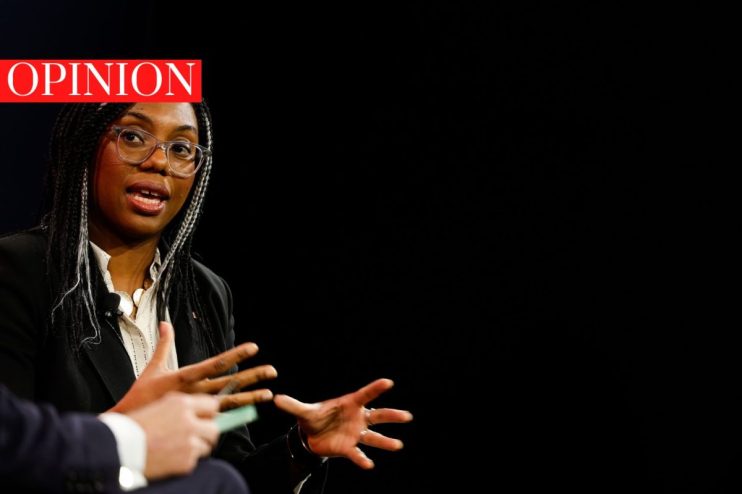Our fear of importing foreign goods into Britain is hurting our economy and consumers

A new campaign to celebrate “GREAT” British exports is no bad thing, but we still view importing foreign goods as some unfortunate trade off, writes Ben Ramanauskas
You might have seen the billboards around London or at the airport. They’re generally of someone smiling and either dressed in high-vis and a hard hat or proudly holding or wearing an iconic British product and will always have the strapline “Exporting is GREAT Britain”.
It’s part of the government’s scheme to encourage UK producers to either start exporting for the first time or to increase the amount they already export. This is a laudable aim. The UK has been lagging behind other highly developed economies over the past decade when it comes to exporting. This is largely driven by Brexit and the pandemic but there are other factors at play and British SMEs have never really been that enthusiastic about selling their goods abroad. Exporting is vitally important as it opens up new markets for UK firms which increases their profits and helps to support jobs and wages. As such, the government providing help and encouragement for businesses to export more is a good thing.
However, you might have noticed that there is no “Importing is GREAT” campaign. I also noticed this when I worked for the now defunct Department for International Trade and tried to get it to set one up.
The reason why there is no such campaign is because in the minds of politicians and the media, trade is all about exporting. They tend to see trade negotiations as zero sum games where increasing exports is the only thing that matters. Imports, meanwhile, are a pesky concession you’re forced to make in order to gain greater market access for exporters. That’s why media coverage around trade negotiations tends to focus on who got the better deal and it will invariably be the side which managed to get the other side to grudgingly accept more imports.
Importing’s bad reputation is not helped by industries with powerful lobby groups peddling scare stories in the media anytime there is even a whiff of trade liberalisation. During trade negotiations the government is inundated with demands for even more protections for certain industries. Once the deal is announced they will claim it’s a disaster for their industry as the country will be flooded with cheap goods.
We have seen the consequences of mercantilism in recent years in the US. Donald Trump levied tariffs on a range of goods in order to protect domestic industries. Trump’s policies increased the cost of goods for consumers and businesses, he triggered a trade war which led to consumers seeing the price of their weekly shop increase and countless firms in other industries losing their doors for good.
Imports are the prize. Imports mean that consumers have access to a greater range of goods and services and at a lower price. This might not be good news for certain firms or industries and some may even go out of business. However, if consumers are spending less on some items, it means they have more money to spend in other sectors of the economy, spurring growth and leading to the creation of new businesses and even industries.
What is more, imports increase competition by encouraging businesses to up their game and become more productive. It also gives businesses access to what are known as “intermediate goods” meaning that they can produce their finished product more cheaply. All of this boosts profits for firms which they invest back into their businesses and pass onto workers and consumers in the form of higher wages and lower prices.
Importing is GREAT Britain. The government should be allowing us to do much more of it.
